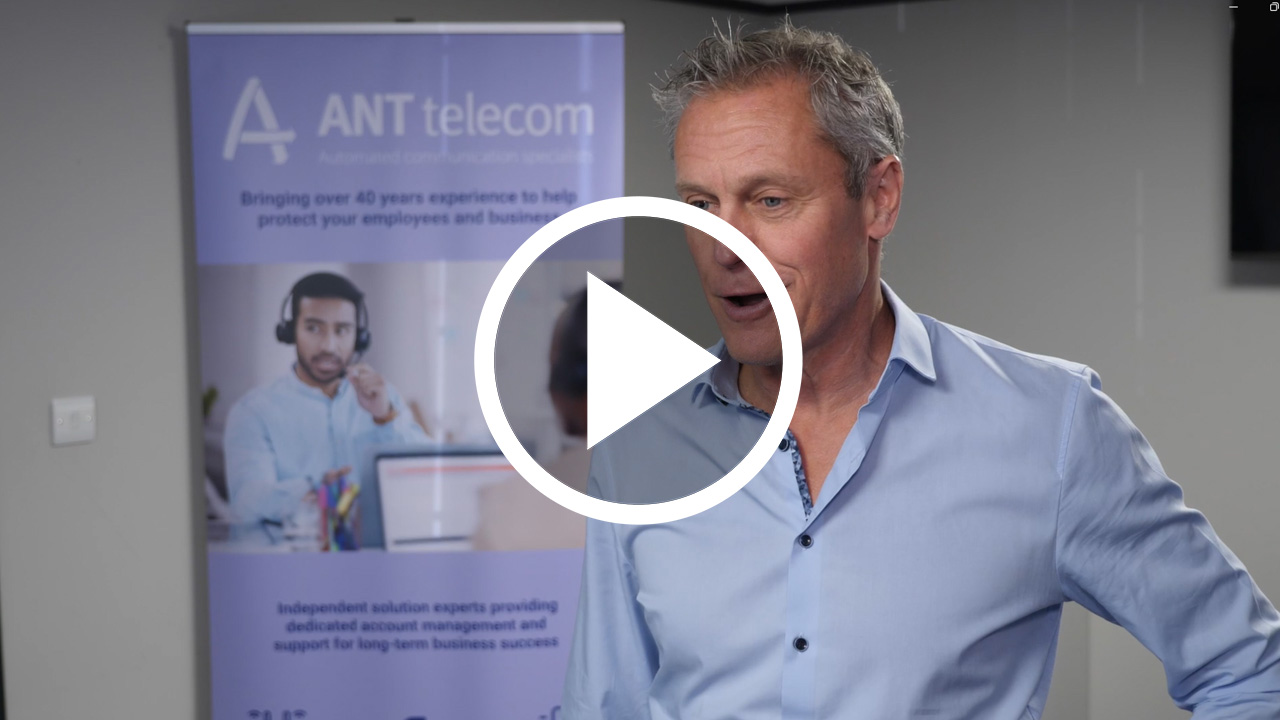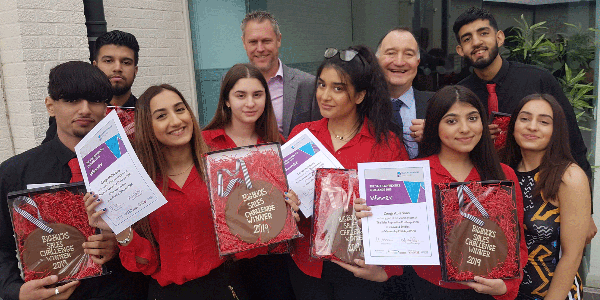- By Buckinghamshire Business First
Share by email
Do you remember your first work experience placement? It may not have been in the industry or career you finally started in, but it will certainly have provided an insight into working life and valuable experience for your cv.
Why Businesses Should Offer Work Experience – Insights from ANT Telecom
Why offer work experience?
Offering a work experience opportunity to a young person is also highly beneficial for your business for a variety of reasons:
- Allows employers to get an insight into the type of skills a young person could offer your business.
- Early access to a new talent pool for recruitment into entry-level roles.
- Increase diversity in your workforce - ideally, we recommend that businesses aim to recruit a student through a school rather than through their own network.
- Increase brand visibility in the community
- A fresh perspective on your business and processes
- An opportunity for members of your team to develop their own management skills
- Help with workload or a specific busy project
Make your work experience placement count
Typically, a work experience placement is a short-term opportunity for students aged 14+ who are in full-time education. Students do not normally receive payment for this work, but it is important to ensure that work experience is a clearly defined set of activities and would not be considered an employed position.
Before the placement
- Work with your team to clearly define the scope of tasks that the student will be asked to complete.
- Ensure that the student will be able to try a range of different jobs around the business.
- Undertake a quick risk assessment if you haven’t had a work experience student previously, remember the student is unlikely to have been in a work environment before.
During the placement
- Create an induction plan for the student and brief your team so that they can introduce themselves and make the student feel comfortable.
- Assign a buddy who will be responsible for the student and can answer any “everyday” questions.
- Be available to support any queries during the placement.
As the placement ends
- At the end of the work experience, take the time to meet with the student to get feedback on what did and didn’t work for them and what they learned.
- Stay in touch in a mentoring capacity and offer to act as a referee if relevant.
- Use learnings from previous placements to develop plans for future opportunities.
How to register a work experience opportunity
Fill in this quick form about the type of work experience that you would be interested in offering and the team at Bucks Skills Hub will take it from there.

